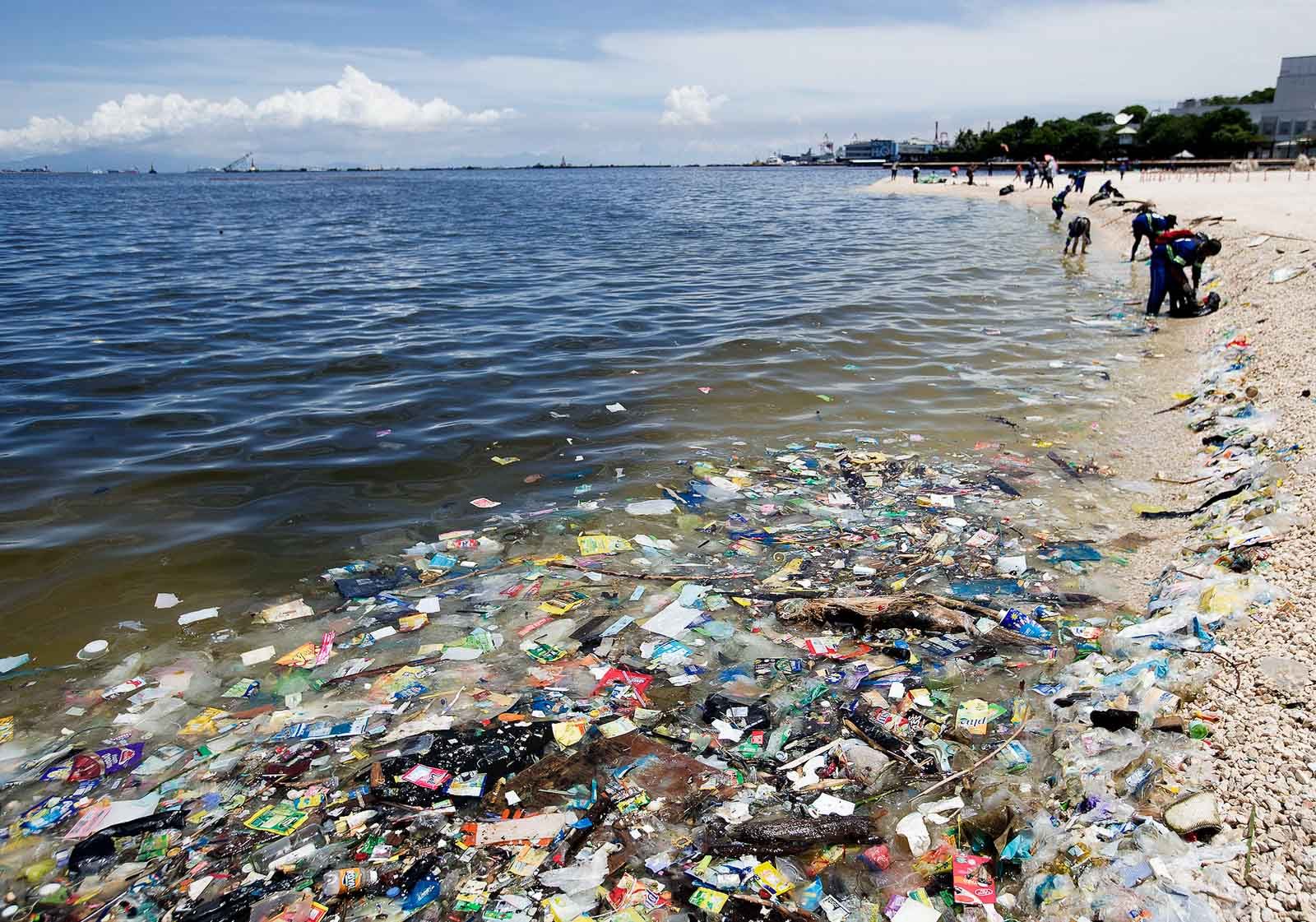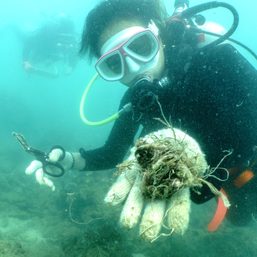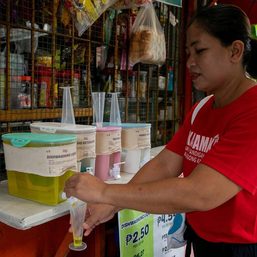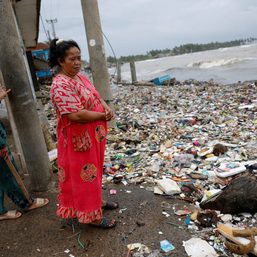SUMMARY
This is AI generated summarization, which may have errors. For context, always refer to the full article.

The Supreme Court (SC) granted the petition for a writ of kalikasan and continuing mandamus against the Philippine government for its alleged failure to address the problem of plastic pollution.
Last October, environmental groups and advocates sued the government for the “unabated production, use, and disposal of plastic.” This negligence for over 20 years has led to the Philippines becoming one of the top plastic waste contributors around the world, the petitioners said, citing a 2021 study from The Ocean Cleanup.
The groups also raised the lack of proper implementation of the solid waste management law, which, they said, manifests in the absence of an updated list of products harmful to people and the environment.
In its resolution dated December 7, the SC issued the writs without yet affirming the merits of the petition. They are awaiting the response of agencies within ten days after they receive the writs.
The writ of kalikasan is a legal remedy that protects the rights of Filipinos to a balanced and healthful ecology. The continuing mandamus is issued by the court to direct government agencies and officers to perform their duty to protect the environment.
Oceana Philippines, the organization that led 51 petitioners, welcomed the resolution as an affirmation of the court’s “stewardship of the planet,” says Camille Parpan, counsel of the petitioners. Gloria Estenzo Ramos of Oceana says the writs already set a “solid foundation and precedent upon which we can build our collective efforts to battle the plastic crisis.”
But while advocates hoped to combat the crisis from the source by stopping production and opting for more sustainable alternatives, the SC denied the request for a temporary environmental protection order (TEPO) on “the manufacture, sale, distribution, and use of non-environmentally acceptable plastic products.”
The pandemic has only worsened this other crisis, increasing plastic consumption as customers used more disposables and turned to online shopping.
The House of Representatives passed a bill banning single-use plastics, while the Senate counterpart measure is still pending. Two decades ago, the comprehensive Ecological Solid Waste Management Act was passed in hopes of solving the mounting waste problem. – Rappler.com
Add a comment
How does this make you feel?




















There are no comments yet. Add your comment to start the conversation.